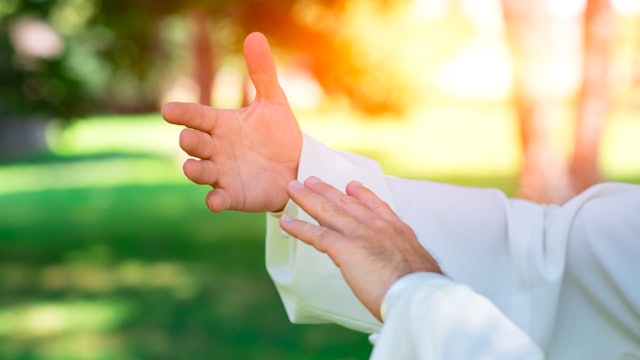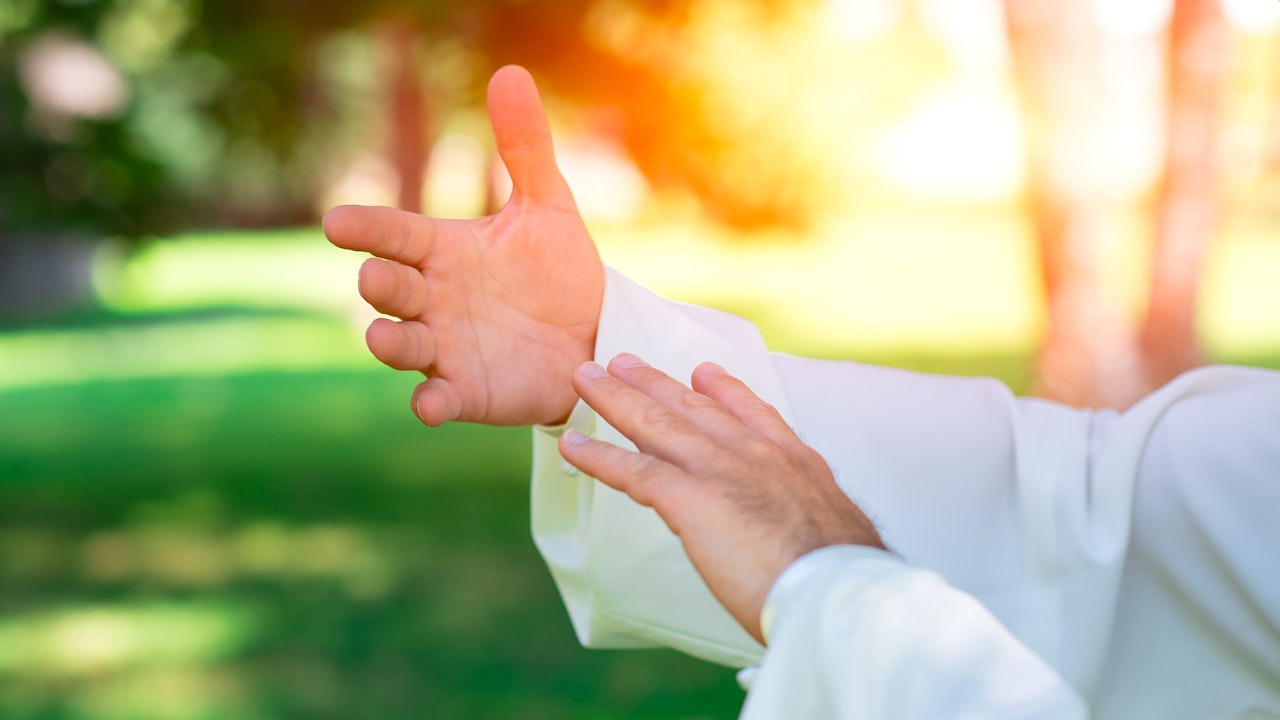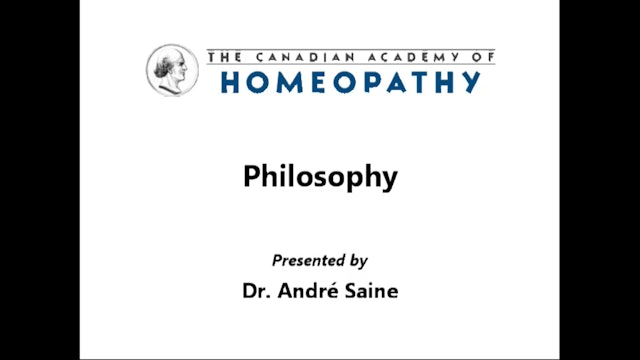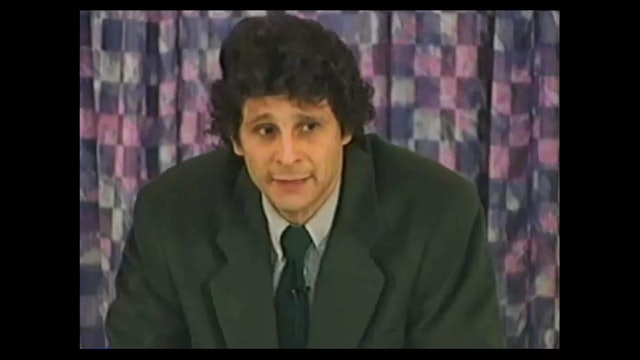Philosophy of Homeopathy
This part of the program presents the fundamental principles of homeopathic doctrine through the study of important works such as the Organon and Hahnemann’s Chronic Diseases.
A. The Basis of Medicine
Medicine: the definition of medicine, the scope of medicine, five basic principles of classical medicine
The physician: the definition of a physician, the mission of the physician, including the two main objectives of the physician and the two basic requirements of the physician
The Vital Force
Health: the definition of health, the determinants of health
Disease: the definition of disease, the phenomenon of great diversity, disease vs. aging, definition of acute disease, acute collective disease, definition of chronic disease, real vs. apparent disease, the causa occasionalis, the concept of artificial disease
Causes and factors of disease
Multifactorial phenomena: endogenous causes and factors (heredity vs. acquired predispositions, the untunement of the vital force), exogenous causes and factors, hygiene, mediate vs. immediate causes, primary vs. secondary causes
Different types of intervention: preventive, supportive, suppressive, curative, palliative
The therapeutic ideal
B. Homeopathy: The Science of Therapeutics
The definition of homeopathy
The ten fundamental principles of homeopathy
The scope, limits and possibilities of homeopathy
The place of homeopathy in medicine
The qualities, disposition and knowledge required to practice homeopathy
How to study homeopathy: an overview of the important works
Other types of medicinal practice: antipathy, allopathy, isopathy
Differences between homeopathic practice and other types of medical practice
Cure vs. Recovery
The role of hygiene in the practice of homeopathy
The role of complementary care
The question of miasm: concept of acute and chronic miasms as seen by Hahnemann: limitation of the vital force, evolution of chronic diseases, question of suppression, theory of healing with homeopathy
The evolution of the concept of miasm through pseudo
Hahnemannian trends
The concept of miasm today: the phenomenon of susceptibility and immunity
-
Philosophy Part 1
-
Philosophy Part 2




